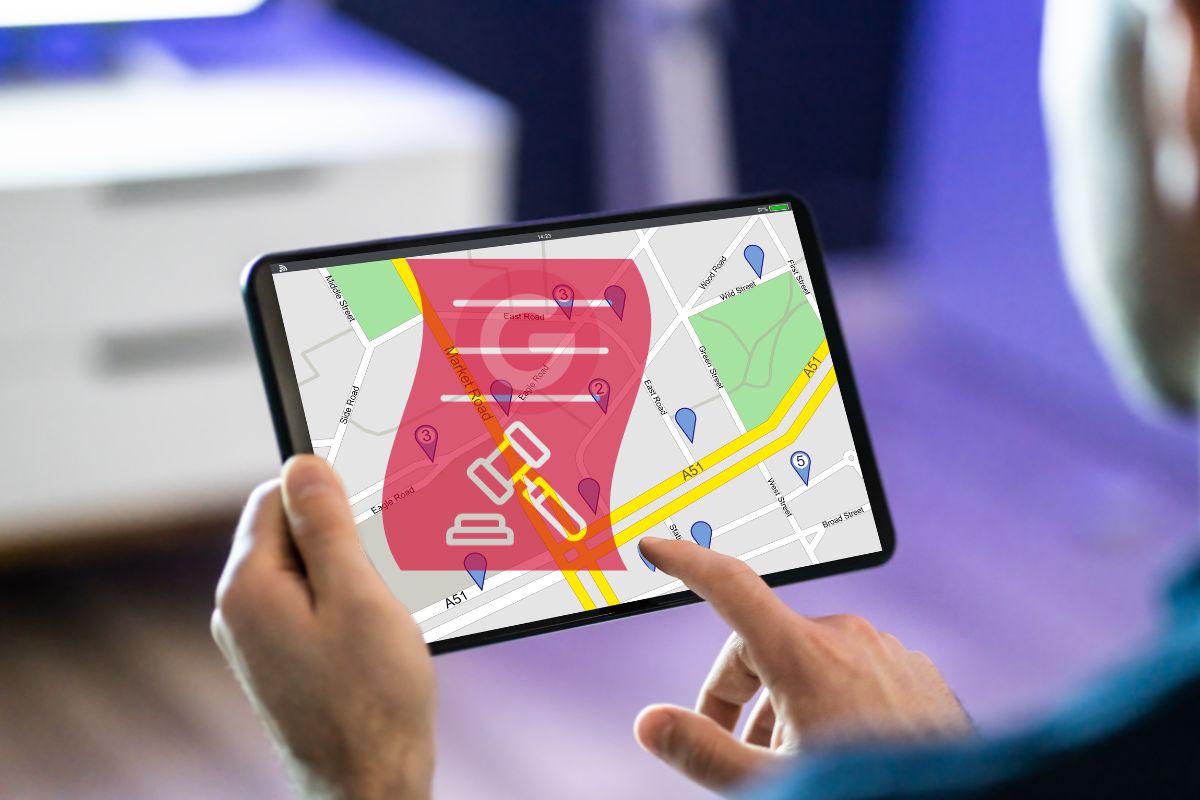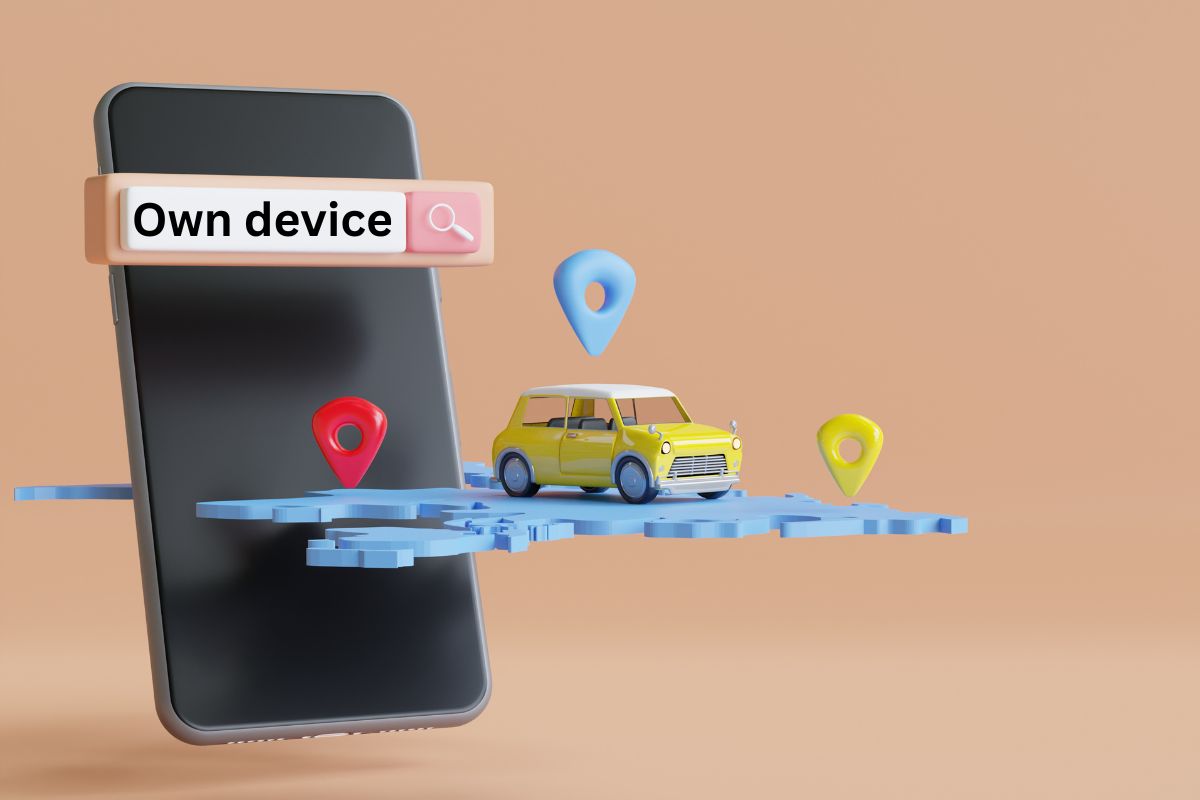Law enforcement have been accessing location data stored in massive amounts by tech giants.
Google will soon be providing users with the opportunity to store their location data on their devices instead of on its own servers, putting to the end the geofence warrants trend it played a large part in creating.
Use of these warrants has recently taken off.
This will effectively cease a surveillance practice that has long existed and that has permitted law enforcement such as police to be able to access the company’s massive stores of location data in order to confirm where potential criminals were at specific times.

The use of geofence warrants has taken off recently, partly because virtually everyone is carrying a smartphone these days, and also because tech giants like Google are using those devices to collect and store massive amounts of data about users, including locations, which can then be used upon request by law enforcement.
Police can use geofence warrants to require Google to hand over the relevant information about a user’s location.
Also known as reverse-location warrants, police can use them to require a tech company to submit location data about where a user’s device was at a certain time and within a specific geographic area.
That said, critics call this access to information unconstitutional and that the access is overly broad, since the law enforcement demands frequently also include data of people who were innocent but who happened to be somewhere nearby at a time when a crime occurred. Courts have argued unsuccessfully at determining their legality. In all likelihood, the argument will make its way to the US Supreme Court.
When Google announced that users would be able to move their location data storage to their devices, it didn’t specifically mention geofence warrants. That said, it did say that it was providing users with “more control” over their data. Should users decide to store location on their devices instead of on Google’s servers, it would mean that police would need a search warrant to access that device in order to obtain the necessary data, instead of going to the tech company, such as Google, that has them stored.

